Preparing for a Nonprofit Single Audit
June 17, 2024
A Uniform Guidance Audit, also known as a federal single audit, is triggered when a nonprofit organization expends more than $750,000 annually of federal funds, whether directly or indirectly. A single audit is performed to ensure organizations are held accountable for the funds they receive, and they are in compliance with federal regulations and guidelines set forth in their specific grant agreements. Below is a guide on how to effectively prepare for a single audit.
Prepare the Schedule of Expenditures for Federal Awards
The schedule of expenditures for federal awards (SEFA) is prepared by the controller or CFO with the assistance of key management personnel. The SEFA lists the organization’s federal grants and is a statement required for single audit reporting. An appropriately prepared SEFA includes the following information:
- Name of federal agency granting funds
- Program or cluster title
- Pass-through grantor, if applicable
- Assistance Listing Number, formerly referred to as the Federal CFDA number
- Grant identifying number
- Total federal expenditures for the fiscal year
Preparing a complete and accurate schedule is critical to the single audit. Generally, this is the first request an auditor will make and errors in the schedule can lead to inefficiencies in the audit process.
Gain an Understanding of Grants and Single Audits
When receiving a federal grant, it is important to read through each grant agreement/ contract to ensure the organization understands the reporting and compliance requirements.
A useful tool to understand single audits is the Uniform Guidance (2 CFR 200). This guidance outlines the standards for single audits and lists specific compliance requirements.
Review Internal Controls
Conduct a walkthrough of the organization’s internal controls to ensure they are functioning and effective in preventing fraud, errors, and non-compliance. Ensure that appropriate documentation has been maintained to provide evidence the internal controls are in place and are operating. The organization should also be able to provide documentation showing how funds were spent and evidence of allowable cost.
As part of the walkthrough, review the financial records for compliance with generally accepted accounting principles and federal regulations. If there have been any prior audit findings confirm they have been properly addressed.
Conclusion
Preparing for a single audit requires a significant amount of time and dedication. By tracking each grant in the SEFA, gaining an understanding of the compliance requirements and single audit process, and ensuring that the appropriate controls and documentation are in place, the organization will be better prepared for its single audit.
For additional guidance on nonprofit single audit, contact your Larson & Company advisor. Meet our nonprofit team and find out more about our full range of services for nonprofit companies.

Valerie is an Audit Manager at Larson & Company. She specializes in audits for a wide range of nonprofit clients.
LinkedIn

.png)



